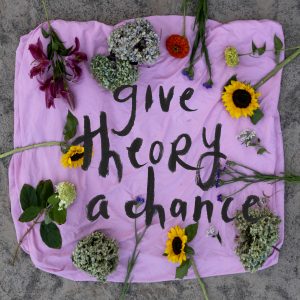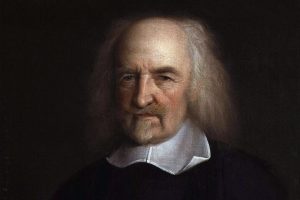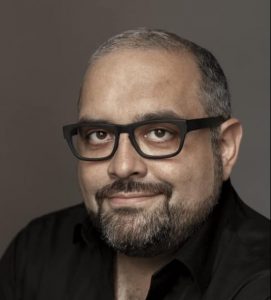In this episode we are joined by Neil Gong. Neil is an assistant professor of sociology at UC San Diego, a member of the Michigan Society of Fellows, and winner of the 2020 American Sociological Association’s Junior Theorist of the Year award. In our conversation, Neil introduces the work of Norbert Elias, reflects on both the challenges and inspirations of his historical writing and grand theory, and discusses how the concept of the ‘threshold of repugnance’ provided guidance in Neil’s ethnography of ‘no-rules’ combat clubs.
Podcast: Play in new window | Download
Subscribe: RSS




